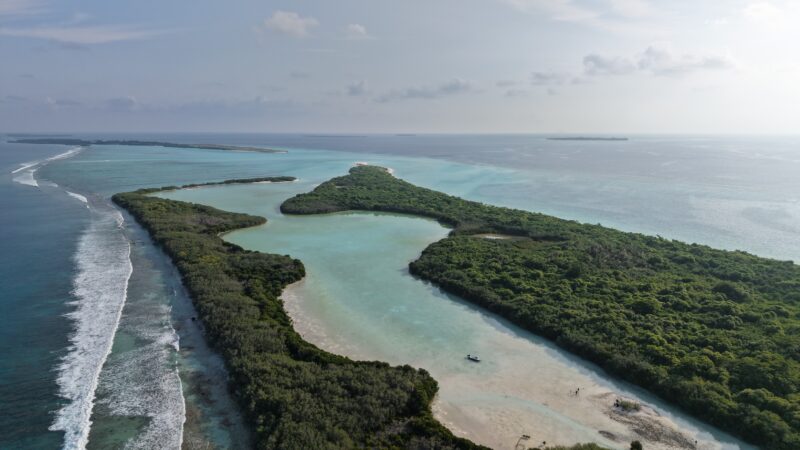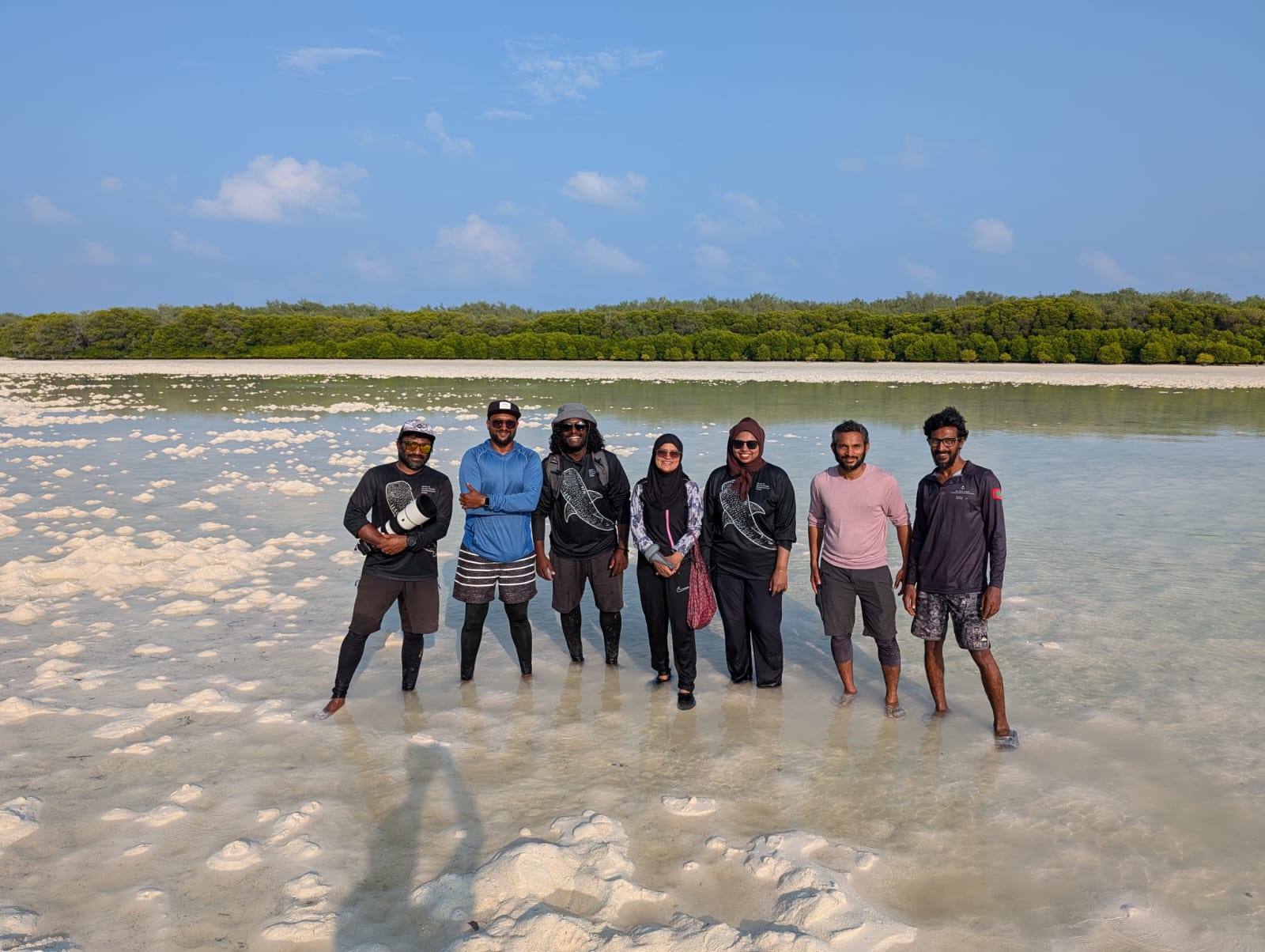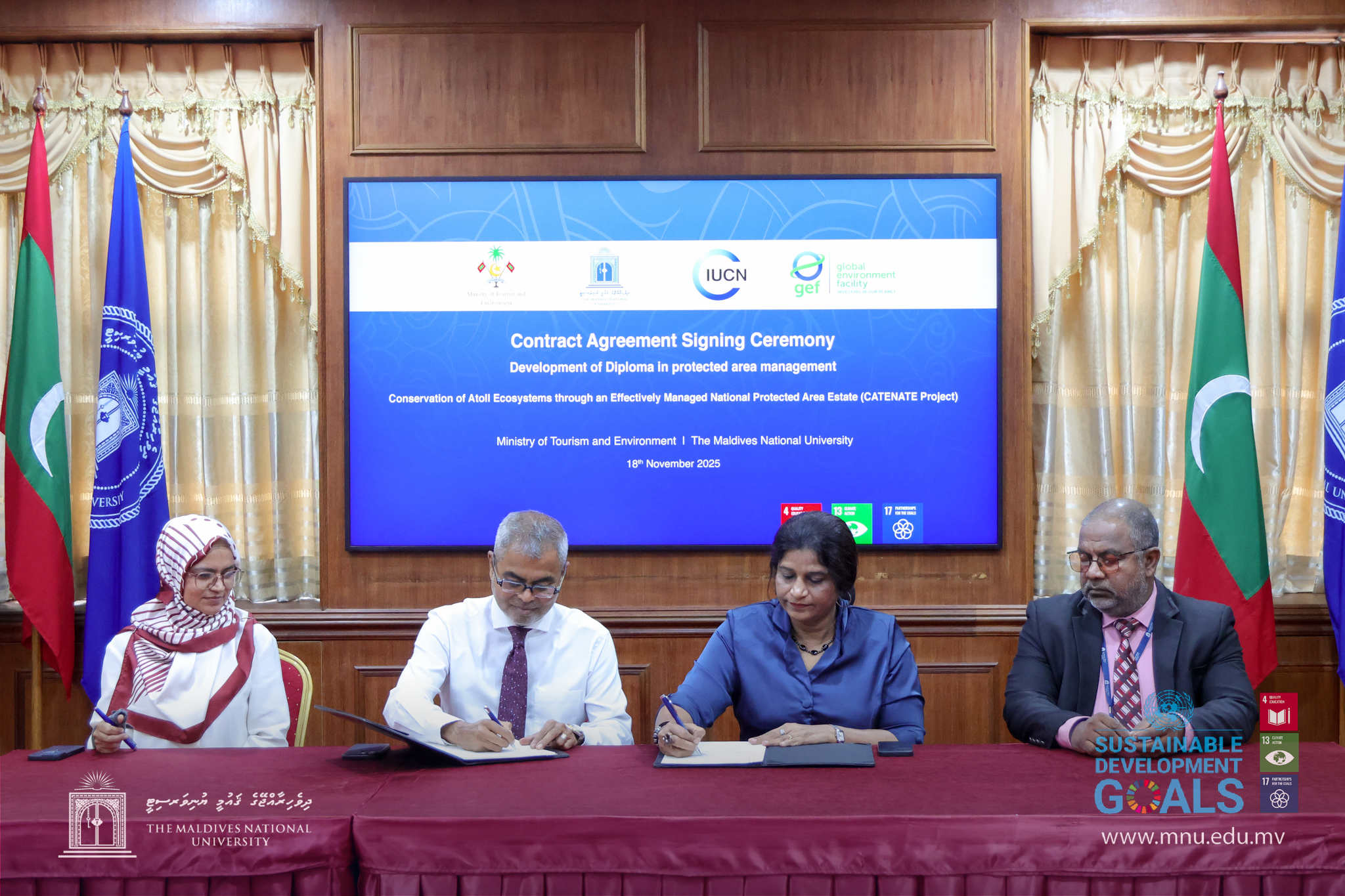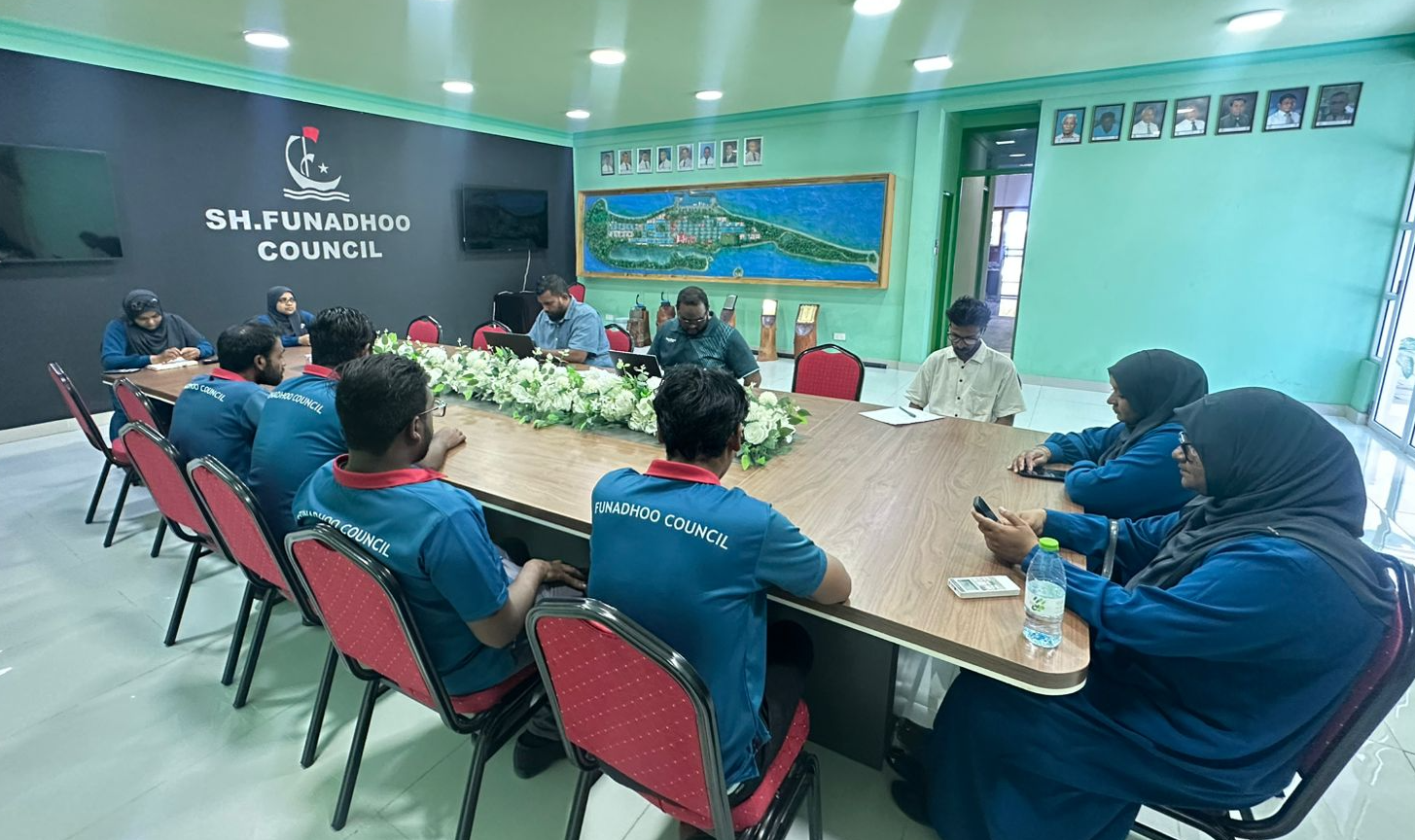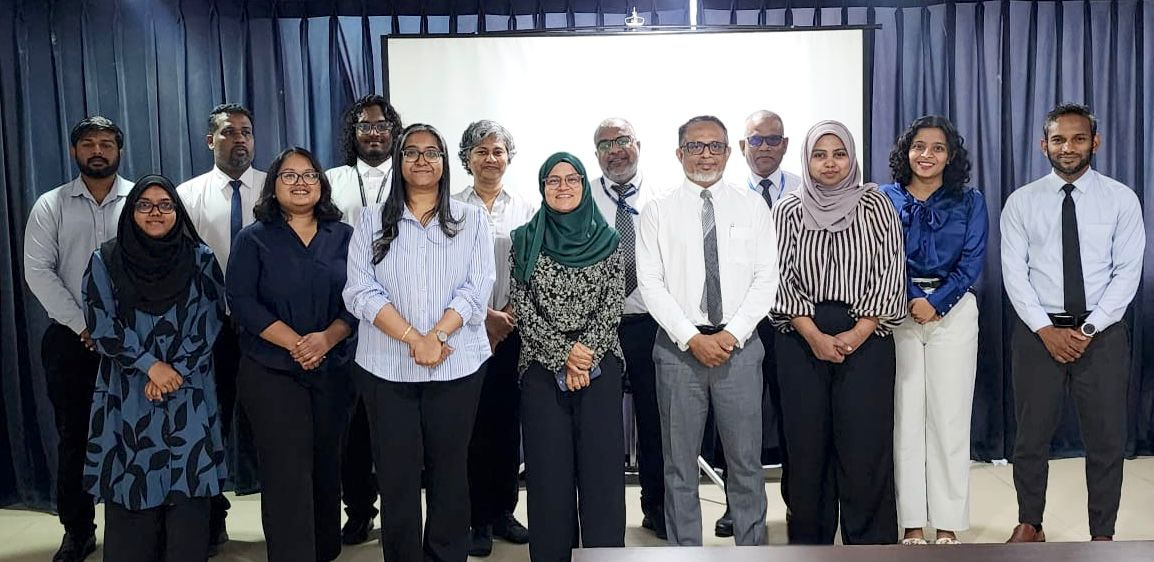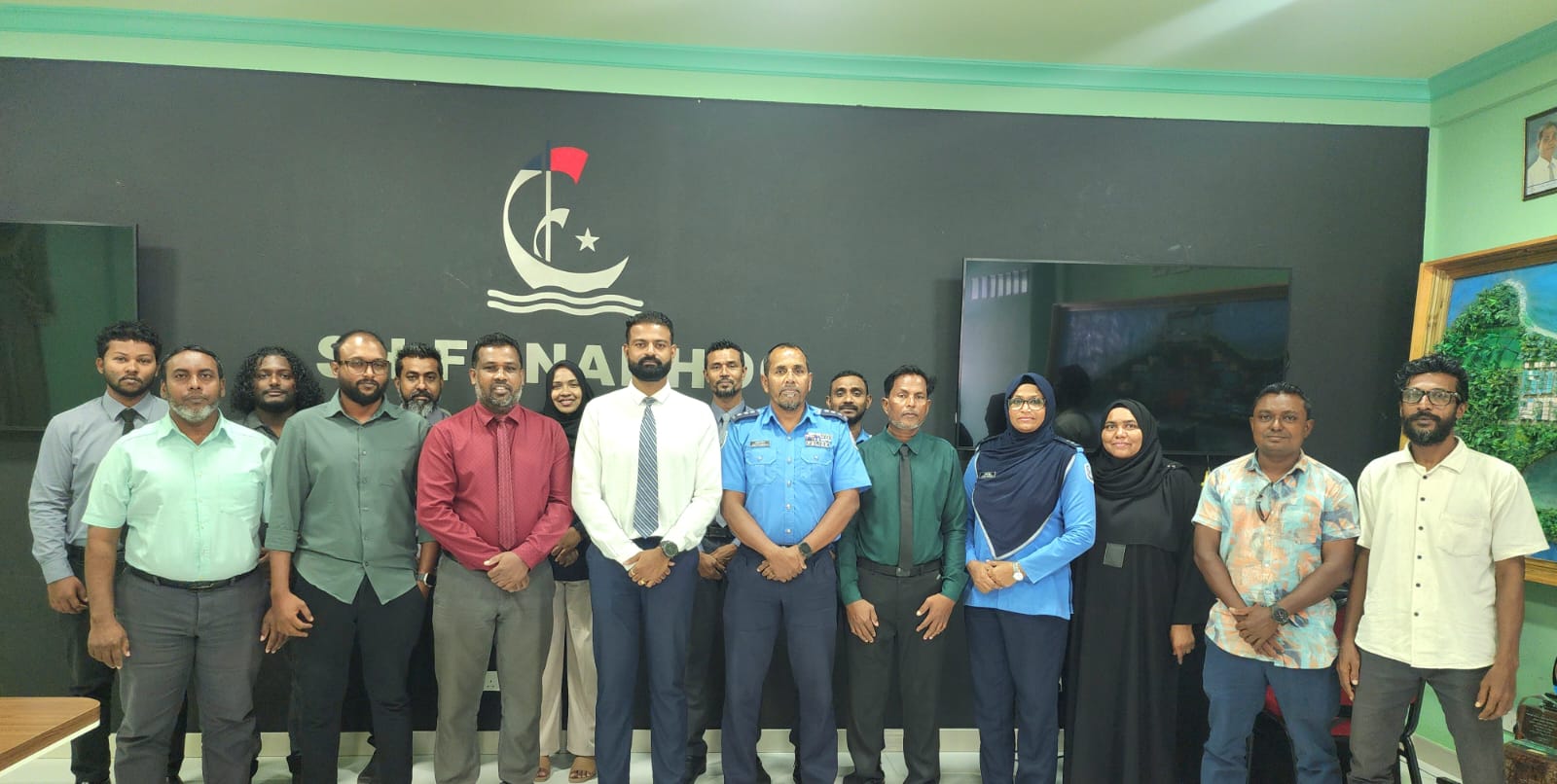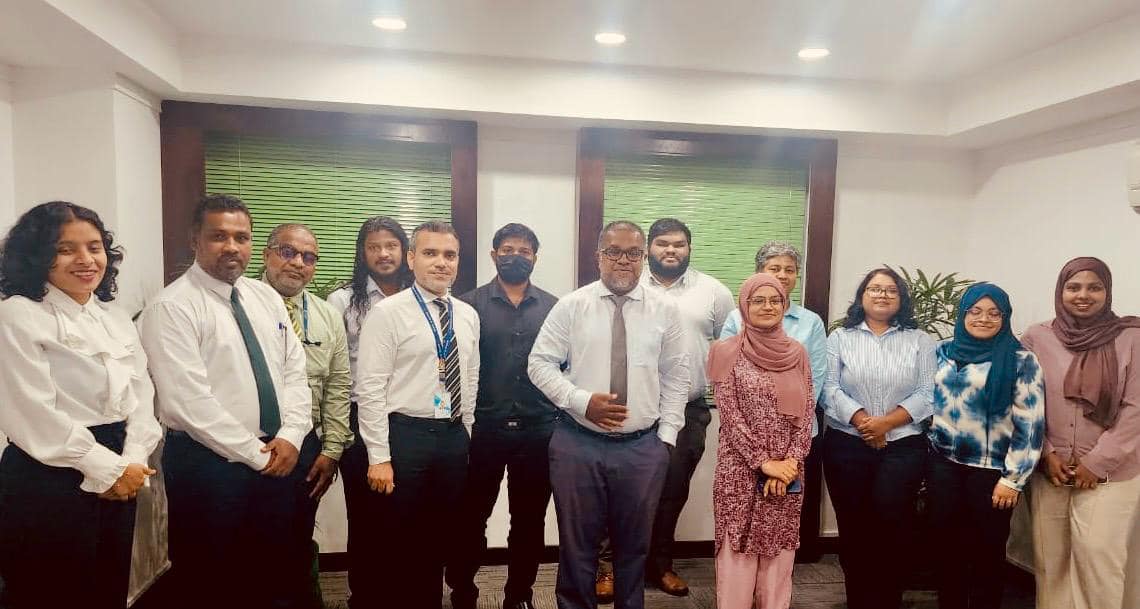The Government of the Republic of Maldives through the Ministry of Tourism and Environment, as the lead Executing agency, is implementing ‘Conservation of Atoll Ecosystems through an effectively managed NATional protected area Estate (CATENATE)’ project financed by Global Environmnet Facility (GEF) and International Union for the Conservation of Nature (IUCN) as the GEF Implementing Agency.
The CATENATE project is aimed at safeguarding nationally and globally significant coral reef biodiversity and associated ecosystems by establishing, governing, and sustaining a resilient network of equitably and effectively managed Protected Areas in the Maldives. The project focuses on the 15 protected areas (PAs) of Boduthiladhunmathi Atoll in the northernmost part of the Maldives, with the focal project at Shaviyani Farukolhu Protected Area. This area contains a representative set of the significant global and national biodiversity values of the Maldives archipelago.
Project Objective:
To safeguard nationally and globally significant coral reef biodiversity and associated ecosystems through a resilient network of equitably and effectively managed protected and conserved areas in the Maldives
CATENATE Project Outcomes:
Improved Protected Area network governance mechanisms
The Protected Area network has an integrated and equitable sustainable financing system
Effective communication and knowledge dissemination to communities and stakeholders
Funded by: Global Environment Facility
Implementing Agency: IUCN
Executing Agency: Ministry of Tourism and Environment
Project site:
Focused on Boduthiladhunmathi Atoll with the project site as Sh. Farukolhu Protected Area.
Stakeholders:
During the CATENATE design and implementation, the project will work with stakeholders at the national, regional/atoll (Boduthiladhunmathi) as well as local level at the project site (Farukolhu PA).


